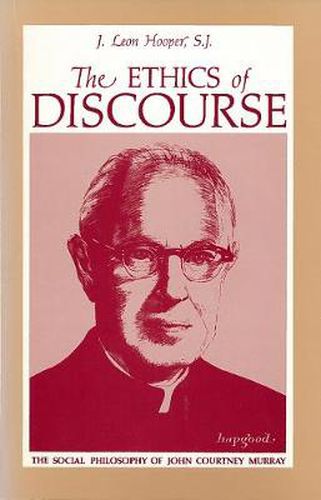Readings Newsletter
Become a Readings Member to make your shopping experience even easier.
Sign in or sign up for free!
You’re not far away from qualifying for FREE standard shipping within Australia
You’ve qualified for FREE standard shipping within Australia
The cart is loading…






The republication of We Hold These Truths is but one indication of the continuing importance of the thought of John Courtney Murray for the Catholic Church in the United States. More than any other American theologian in this century, Fr. Murray developed a new understanding of the healthy relationship between religion and politics, church and state, in a democratic context. Until now, however, the evolution of Murray’s own thought in these matters has not been fully understood. Beginning with Murray’s first forays into the public arena in the 1940s, Leon Hooper carefully plots Murray’s movement away from the classical concepts of conscience and rights toward a more historical understanding of moral agency and of the church’s necessary engagement with a pluralistic world. Along the way, Fr. Hooper reveals in detail for the first time the importance of Bernard Lonergan’s thought in moving Murray toward and then beyond his vital contribution to Vatican II’s Declaration on Religious Liberty .
$9.00 standard shipping within Australia
FREE standard shipping within Australia for orders over $100.00
Express & International shipping calculated at checkout
The republication of We Hold These Truths is but one indication of the continuing importance of the thought of John Courtney Murray for the Catholic Church in the United States. More than any other American theologian in this century, Fr. Murray developed a new understanding of the healthy relationship between religion and politics, church and state, in a democratic context. Until now, however, the evolution of Murray’s own thought in these matters has not been fully understood. Beginning with Murray’s first forays into the public arena in the 1940s, Leon Hooper carefully plots Murray’s movement away from the classical concepts of conscience and rights toward a more historical understanding of moral agency and of the church’s necessary engagement with a pluralistic world. Along the way, Fr. Hooper reveals in detail for the first time the importance of Bernard Lonergan’s thought in moving Murray toward and then beyond his vital contribution to Vatican II’s Declaration on Religious Liberty .